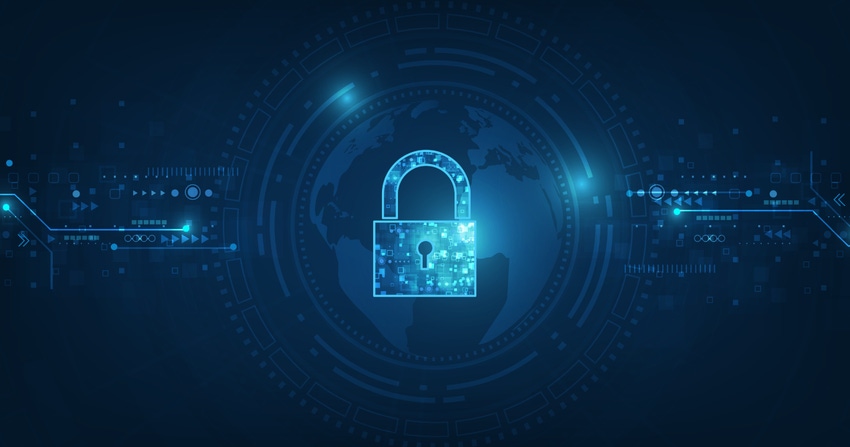An EU-backed consortium this week said it now has a blueprint for quantum network architecture that will secure the bloc's critical comms infrastructure.
December 10, 2021

An EU-backed consortium this week said it now has a blueprint for quantum network architecture that will secure the bloc’s critical comms infrastructure.
The group, which includes Deutsche Telekom, Telefónica, defence giant Thales and its satellite arm Thales Alenia Space, and the Austrian Institute of Technology (AIT), have been conducting a study since April with the aim of figuring out how to make all this quantum security stuff work.
This month, this so-called QSAFE (quantum network system architecture for Europe) consortium delivered the interim results of this study, layhing the foundation for the implementation of the European quantum communication infrastructure (EuroQCI).
“The study will serve the European Commission as a basis for the next steps on the journey to establishing a European quantum communication infrastructure,” said Deutsche Telekom, in a statement. “All aspects – costs, security, technology, network dimensioning, planning, operational model, etc. – are included in the study.”
The next step in the process is to flesh out the design, bringing it closer to real-world deployment.
There is an unofficial arms race underway in quantum computing. On the one hand, there are very clever people working hard to create working quantum computers, which will have processing power several orders of magnitude greater than current, binary computers. Sounds great, but it poses a problem for the security industry, because a working quantum computer would easily be able to crack current encryption methods. As a result, there are also some very clever people working hard on quantum cryptography technology, in an effort to secure communication networks in the age of quantum computing.
These technologies include quantum key distribution (QKD), which allows for the communicating parties to generate and share a secret random key. Any nefarious attempt to intercept that key introduces easily-detectable anomalies into the system, disrupting the communication and rendering the attack ineffective. QKD is at the heart of the QSAFE consortium’s studies into quantum network security.
Quantum security promises to be big business. According to a joint report in November by analyst firm Quantum Insider and cybersecurity firm Quantum Safe, spending on quantum security is expected to grow to $3.5 billion a year by 2024. They predict that figure could reach $30 billion by 2030.
The EU doesn’t intend to wait until then though. It wants to have its EuroQCI fully operational by 2027. It will consist of a terrestrial element, as well as a satellite element – hence the involvement of Thales Alenia Space in the QSAFE consortium.
“The EuroQCI will safeguard sensitive data and critical infrastructures by integrating quantum-based systems into existing communication infrastructures, providing an additional security layer based on quantum physics. It will reinforce the protection of Europe’s governmental institutions, their data centres, hospitals, energy grids, and more, becoming one of the main pillars of the EU’s new Cybersecurity Strategy for the coming decades,” the European Commission claims.
Of course, coordinating 27 member states can be a bit like herding cats sometimes, which might lead to some slippage in implementation. In anticipation of this, in 2022-23, a chunk of the EU’s Connecting Europe Facility (CEF) will go towards funding cross-border links between national quantum communication networks, as well as links between the EuroQCI’s terrestrial and space elements. With quantum computing milestones coming thick and fast, the race to deploy quantum network security is very much on.
About the Author(s)
You May Also Like








.png?width=300&auto=webp&quality=80&disable=upscale)


_1.jpg?width=300&auto=webp&quality=80&disable=upscale)


.png?width=800&auto=webp&quality=80&disable=upscale)